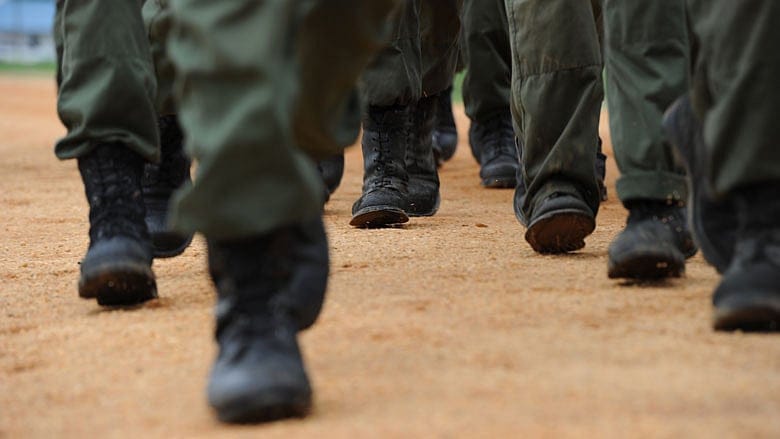The African Great Lakes region: How to save democracy and stop violence — and why you should care

My name is Joseph Mulala, and I grew up in Goma, in the eastern region of the Democratic Republic of Congo. I am the first Congolese graduate of West Point Military Academy, and I look forward to being one among many. I have lived through the turbulent years of Congo's recent past, and I am concerned by the repeated and synchronized violation of constitutional term limits by heads of state in the African Great Lakes region, which threatens our democracy, freedom and stability. In an already fragile region, these actions raise the specter of increased instability and human rights violations, destroying the small progress achieved thus far. Burundi's growing instability could extend into the DRC and Rwanda, as it frequently has over the past 25 years, eventually engulfing the whole region in chaos — again.
The palpable tensions among various groups of people in the region should not be ignored. For instance, many Congolese expressed their dissatisfaction with President Joseph Kabila's recent State of the Union address by demanding he leave office at the end of his current term in 2016. I disagree with the claim that Western democratic principles should not be applied to Africa. These claims are excuses to distract from political mistakes, incompetence and an unjustified hold on power. The failure of democracy in Africa is less about a cultural mismatch and more about the lack of will of African leaders to 'do the right thing' for their countries. They have failed to perceive public service as an honorable and noble calling and have fulfilled personal ambition rather than embracing the larger cause of securing the hope in the eyes of generations yet to be born.

